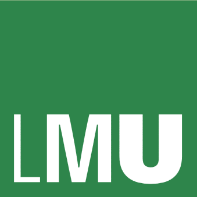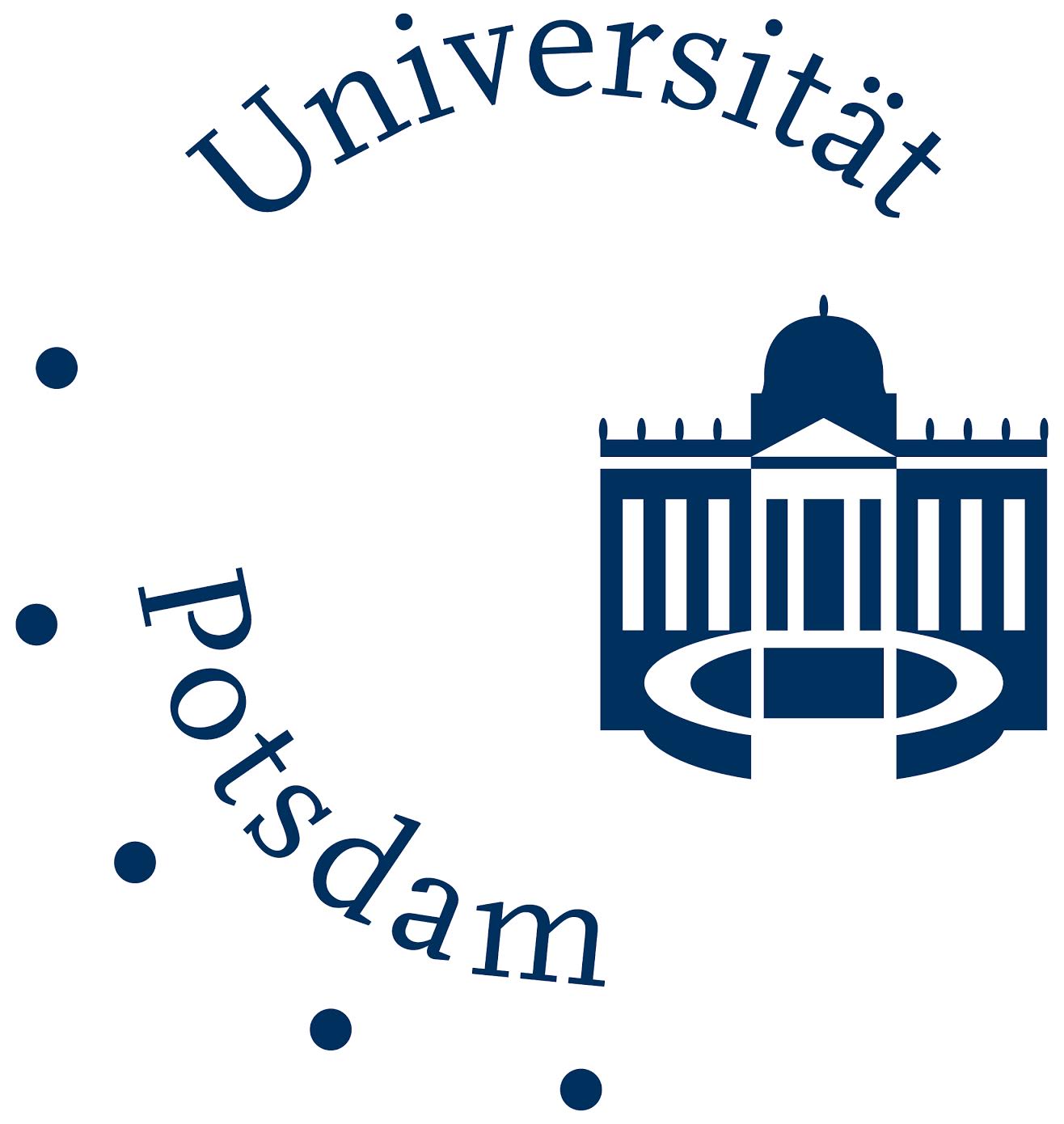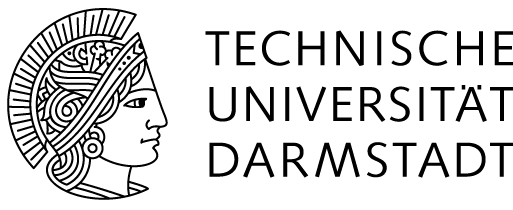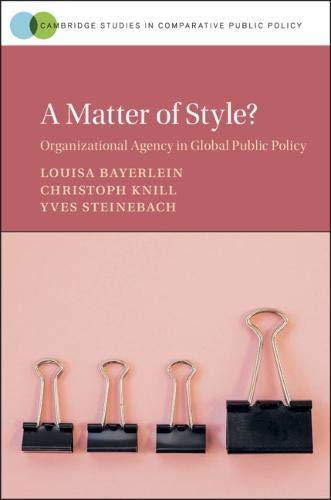edited by Svanhildur Thorvaldsdottir, Ronny Patz and Steffen Eckhard with conclusions by Martha Finnemore.
The last fifteen years—since the publication of Barnett and Finnemore‘s Rules for the World—have seen greatly increased interest in the study of international public administrations (IPAs). Indeed, between 2004 and 2014, the number of academic publications explicitly studying international public administrations tripled compared to the previous forty years (Eckhard and Ege 2016). This interest has come from a variety of fields broadly within the scope of political science, namely, international relations, public administration, comparative politics, and public policy. Despite the common interest, scholars working in these subfields engage with each other only to a limited degree. We therefore lack an understanding of how far this scholarship has collectively come and where it can go in the future. This special issue aims to provide just such a synthesis and move empirical research forward.
For this special issue, we seek to assemble a set of complementary papers focused on a single or several agencies in the UN system (including, e.g., the Specialized Agencies, Funds and Programmes, or Treaty and Convention Secretariats). Our focus on the UN system facilitates controlled comparison across organizations and explicitly expends previous research in IRAS on UN-related administrations. As UN organizations share many features, such as staff policies and financing rules, we can better isolate key explanatory factors that matter for IPA activities and influence. Yet, these organizations also have important differences, including policy tasks, membership structure, administrative set-up and sources of financial income. These differences allow for exploration of how those factors can elicit variation across broadly similar IPAs.
We therefore seek abstract submissions empirically focused on the UN system that will help advance our knowledge on international public administrations. Whether focused on a single UN organization or multiple, we are interested in studies that (a) explore cases that perhaps contradict the conventional wisdom of international bureaucracies as pathological; that (b) build on lessons learned on international bureaucracies over the past 15 years in the different subfields of political science; and that (c) explore new ways to understand IPAs and their roles, power and influence within the UN system under the current geopolitical conditions. We especially welcome abstracts making use of either new data or innovative combinations of existing data, and those providing new methodological or conceptual approaches to the study of international public administrations.
Abstracts should be approximately 300 to 500 words long and should make clear what kind of empirical material the final paper will draw on. We particularly encourage submissions of proposals with women or underrepresented minorities as lead authors.
Submission deadline for abstracts is September 30, 2019.
Please contact svanhildur.thorvaldsdottir@gsi.lmu.de for any questions or abstract submissions.






